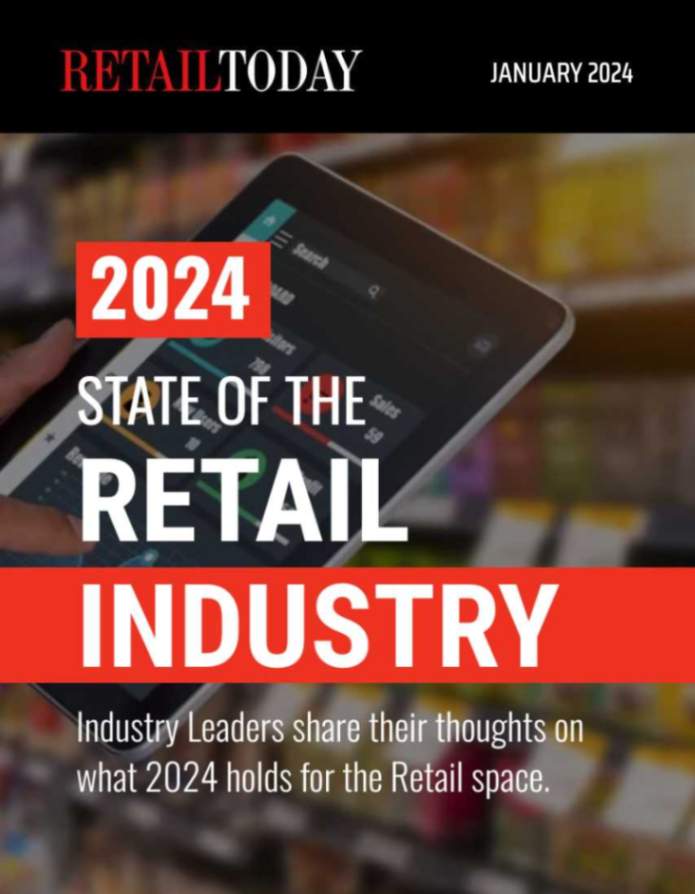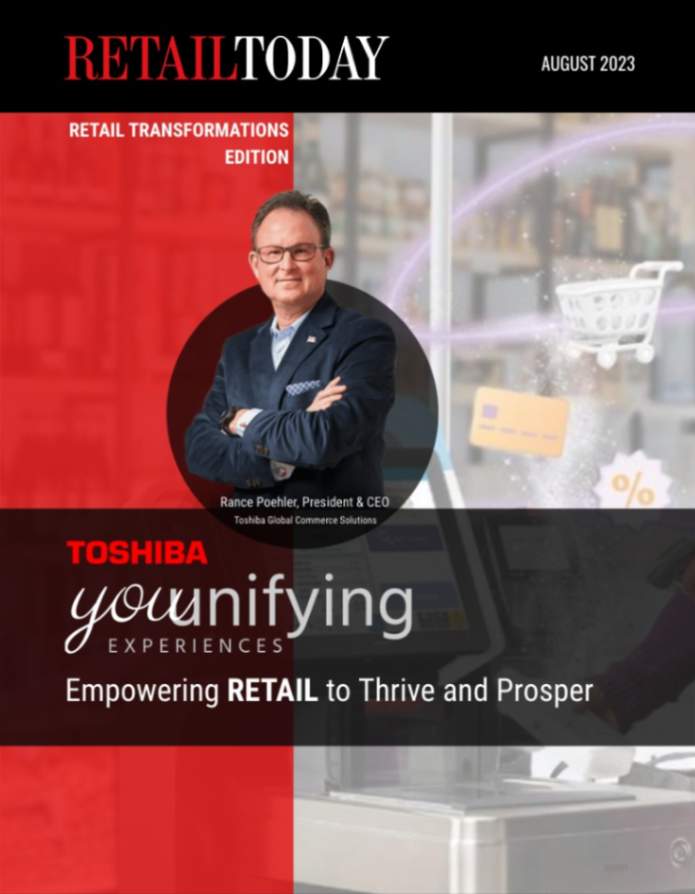
The retail industry is on the precipice of a monumental shift, driven by the rapid advancements and expanding capabilities of artificial intelligence (AI). At its core, AI is not an unfamiliar concept to countless retailers who have been leveraging the technology for over a decade in various manifestations, including product recommendation engines that curate personalized offerings, inventory management platforms that help predict demand, and supply chain optimization services that optimize lead times and identify bottlenecks.
Undoubtedly, the significance of AI in retail has reached unparalleled heights in today’s digital era, thanks in large part to the advent of Large Language Models (LLMs) like GPT-4, the underlying engine powering platforms like ChatGPT. These sophisticated AI models possess the transformative potential to reshape the entire consumer-brand dynamic on the internet. Virtual shopping assistants powered by LLMs can provide real-time product recommendations, answer complex queries, and offer tailored promotions, all while emulating human-like conversation.
Likewise, impact of LLMs extends beyond the virtual realm into brick-and-mortar stores, where they can re-shape the way we think about in-store experiences. Augmented reality personal shopping guides that live on your phone and learn your product preferences across brands and retailers. Digital signage that generates on-demand content and electronic shelf labels with messaging personalized just for you. AI-powered robots that autonomously roam the sales floor and spark human-like conversations with shoppers.
If you’re a skeptic of what modern-day AI engines are capable of, here’s a surprising fact that may challenge your preconceptions; every word, sentence, and paragraph of this article that you’ve read so far was crafted by an advanced AI engine.
Don’t worry; the humans are back in the writer’s seat now, but this example of AI-generated content stands as a testament to the remarkable linguistic prowess and creative potential of artificial intelligence—a technology that is redefining the boundaries of content creation and expression.
Yet, AI-generated content is only half the equation—there’s something to be said about the inherent way in which users today interact with these ground-breaking platforms like ChatGPT, Snapchat’s “My AI”, or Bing’s AI Search. These platforms are, by design, exceptionally accessible to the masses thanks to their conversational interfaces. Complexity is one of the largest barriers to entry that new technologies need to overcome to accelerate adoption, but with platforms like ChatGPT there’s no specialized knowledge or technical skills required—you simply send a message as if you were texting a friend.
ChatGPT is an exceptional example of technology being used to reduce complexity. Envision a hypothetical dream vacation to Italy and the steps you would need to take to research, plan, and book all the components. Instead, ChatGPT can do nearly all of this on your behalf by exchanging a handful of messages. This is enabled by ChatGPT’s new “Plugin Store” which is currently available to a select group of users (including myself!) I recently tested this exact scenario—a trip to Italy—and was shocked at how quickly and effortlessly every step of the process was. Within a matter of minutes ChatGPT had recommended the best time of year to visit, booked me a flight through the Kayak plugin, reserved a rental car and hotel room with the Expedia plugin, and secured reservations for several renowned local restaurants through the OpenTable plugin. It even helped me curate and purchase a Riviera inspired outfit through the Shopify plugin.
It should not come as a surprise that experiences like this will have a profound impact on retail in the not-so-distant future. ChatGPT plugins mark the start of a transformative shift in the foundational ways in which users interact with the internet. By seamlessly integrating with external services and applications, these plugins empower users to accomplish a diverse array of tasks through conversations. Users can now engage in intuitive, hyper-personalized, and contextually aware interactions—reducing the need for manual navigation through websites and apps.
The traditional necessity for retailers to maintain front-end e-commerce storefronts could soon become obsolete. ChatGPT plugins allow AI to communicate with e-commerce sites entirely behind-the-scenes, relying on a provide “manifest” that serves as a blueprint specifying actions the website can perform, the inputs it requires, and the outputs it produces. In the retail world, this communication link will allow AI chatbots to become a new, faceless, storefront for brands to transact with digital savvy consumers. As a result, the role of these manifest files will become extremely prominent; just as search engine optimization helped retailers be seen on search engines, manifest files will ensure a retailer’s offering is accessible through AI engines and optimized for a conversational interface.
We believe AI’s role in retail has become more vital than ever before, heralding a future where technology and human ingenuity converge to redefine the retail landscape. The need to challenge convention is more urgent than ever. Consumer adoption of AI tools is moving at a pace never seen—TikTok took 9 months to reach 100 million users. Instagram took 2 years, Uber took 5 years, and LinkedIn took 8 years. ChatGPT took 7 weeks. The rest of this year will be pivotal for retailers; the challenge ahead lies in separating hype from reality, imagination from technical feasibility, and iterative experiences from innovative creations.
Patrick Madden is the Retail Technology Strategist at award-winning experience agency ChangeUp. Previously the Retail Technology Manager at J.Crew Group, Patrick draws from years of experience developing technology-enabled solutions. Patrick’s expertise across digital and emerging technologies empowers ChangeUp to deliver innovative, practical, and impactful solutions for clients including Macy’s, Subway, Honda, and Discount Tire.






